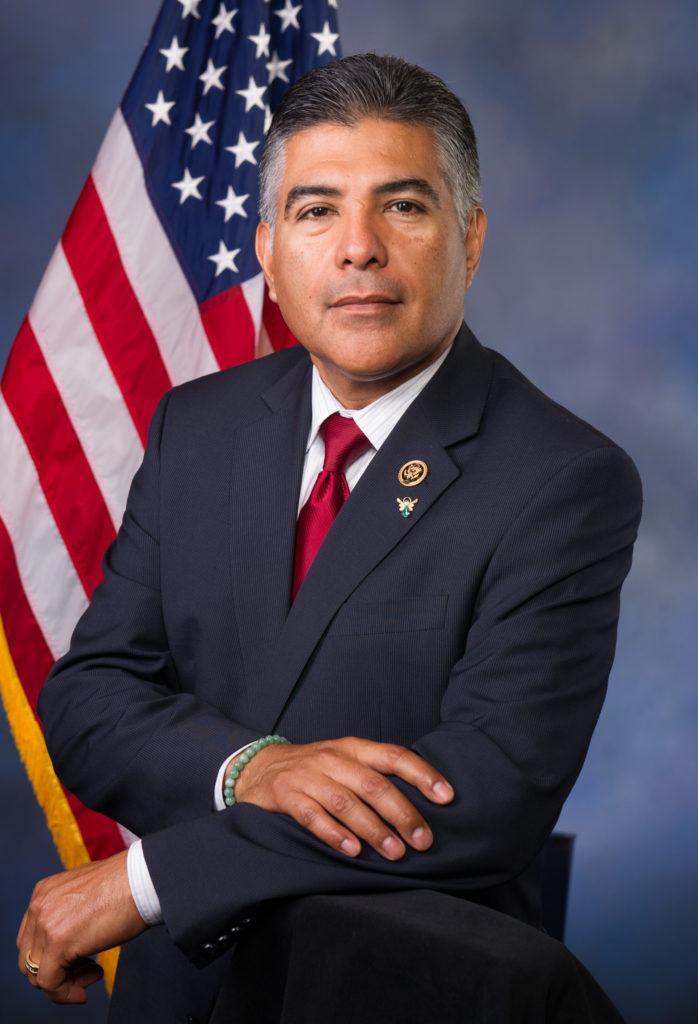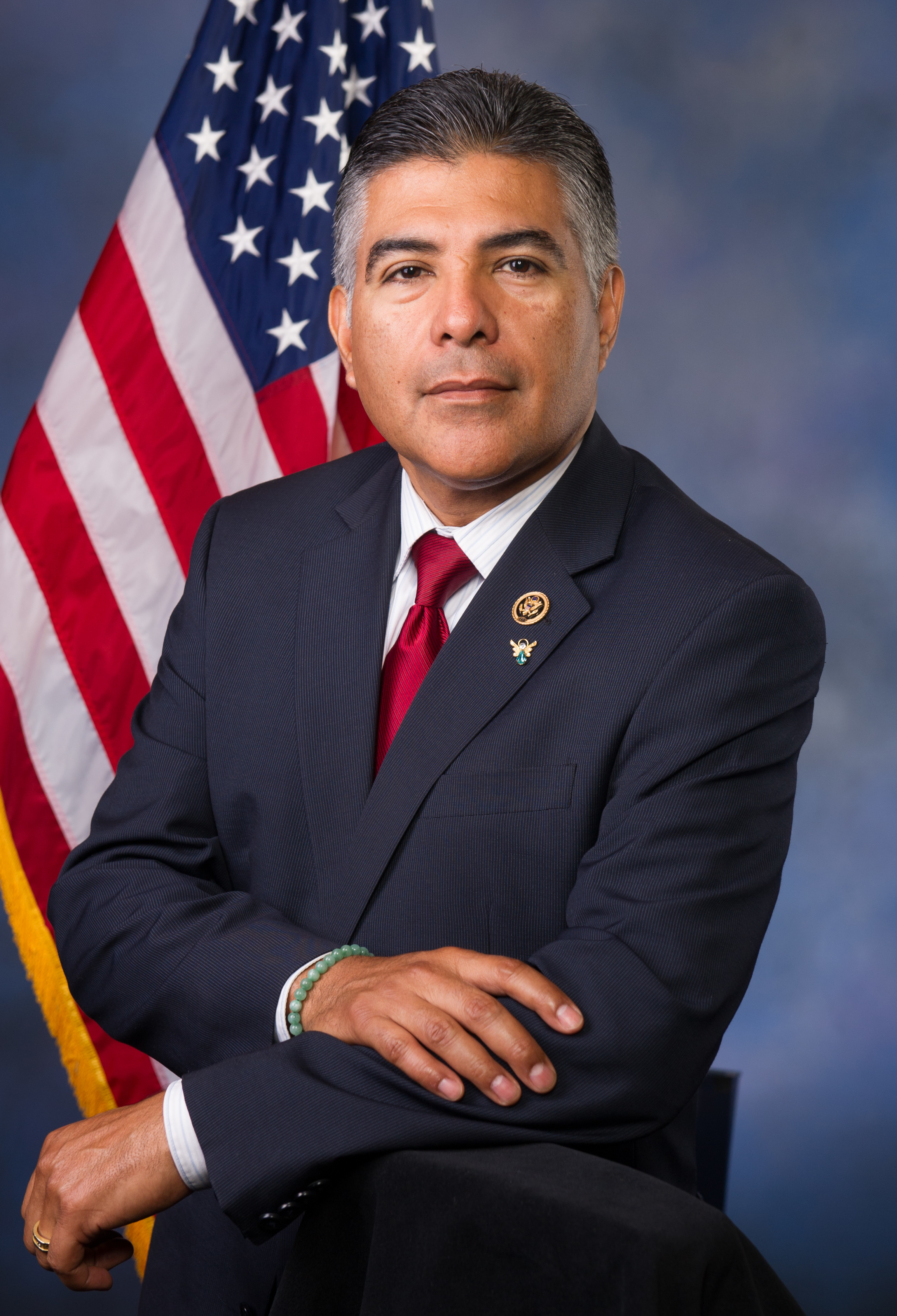Congressman Tony Cárdenas (CA-29) led a bipartisan letter signed by 53 Members urging Congressional leadership to oppose a proposal to nationalize 5G.

“The United States has a long history of investment by American companies in communications infrastructure. These networks have withstood the crises of a global pandemic, and competition between these companies led to innovative products and services for consumers,” Members wrote. “In the virtual world we are living in now, video streaming and telecommunications have become a ubiquitous and integral part of life for many, which would not have been possible without 4G. Using the same, successful market-based, private sector approach, the United States is well into its 5G deployment and making great progress. America needs to continue competing on the world stage to maintain its leadership position.”
Representatives Adams (Alma), Beatty, Blunt Rochester, Boyle, Bustos, Butterfield, Clarke, Costa, Correa, Cox, Cuellar, Davis, DeGette, DelBene, Demings, Dingell, Engel, Espaillat, Foster, Garamendi, Gonzalez, Gottheimer, Haaland, Himes, Kelly, Kildee, Krishnamoorthi, Kuster, McEachin, McGovern, Meng, Napolitano, Norcross, O’Halleran, Pascrell, Payne, Peters, Rice, Roybal-Allard, Rush, Sánchez, Schakowsky, Schneider, Schrader, Sherman, Sherrill, Sires, Soto, Spanberger, Tonko, Torres, and Veasey signed on.
The full text of the letter is copied below.
Dear Speaker Pelosi, Leader McConnell, Leader Schumer, and Leader McCarthy:
We write in strong opposition to reported plans to nationalize 5th Generation wireless in the United States. The Trump Administration’s apparent effort to nationalize 5G is ill-advised, and will undermine successful bipartisan policies that have put the United States in an enviable position globally for the deployment of 5G networks. Furthermore, the Trump Administration’s plan is rumored to hand control to a single company favored by the President.
The United States has a long history of investment by American companies in communications infrastructure. These networks have withstood the crises of a global pandemic, and competition between these companies led to innovative products and services for consumers. In the virtual world we are living in now, video streaming and telecommunications have become a ubiquitous and integral part of life for many, which would not have been possible without 4G. Using the same, successful market-based, private sector approach, the United States is well into its 5G deployment and making great progress. America needs to continue competing on the world stage to maintain its leadership position.
We therefore caution that pursuing unproven and nebulous plans to enable the federal government to enter the commercial wireless marketplace will undermine the tremendous progress made to date. The last thing we need is distractions such as a 5G nationalization proposal that not only ignores the success of the market-based approach, but also faces significant legal infirmities and practical implementation hurdles.
We echo the concerns articulated by House Energy and Commerce Committee Chairman Pallone and Communications and Technology Subcommittee Chairman Doyle, who recently outlined serious substantive and process questions in letters to the NTIA and the GAO. We also share the concerns raised by FCC Commissioners Jessica Rosenworcel and Geoffrey Starks. When asked about 5G nationalization at a recent FCC Oversight hearing, Commissioner Starks responded that, “Despite repeated rebukes, this idea continues to surface, providing yet another example of how this Administration simply can’t get on the same page on telecom issues.” Similarly, Commissioner Jessica Rosenworcel responded on twitter to reports of the Trump proposal to nationalize 5G by saying, “There is a worldwide race to lead in #5G and other nations are poised to win. But the remedy proposed here really misses the mark.”
For all of these reasons, we urge you to oppose efforts to move forward with a nationalized, centrally planned 5G network.

